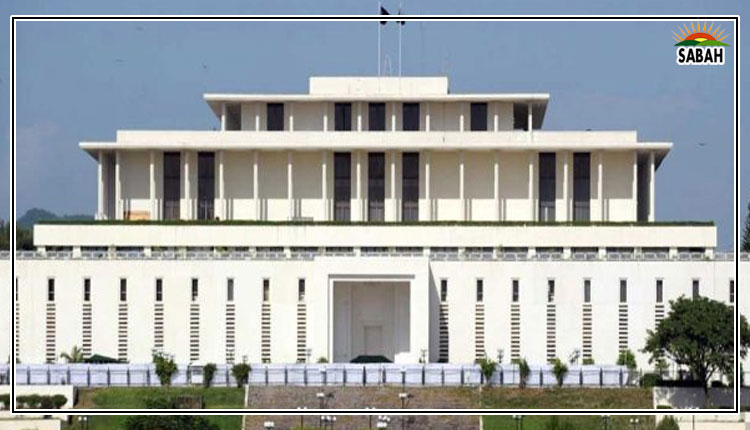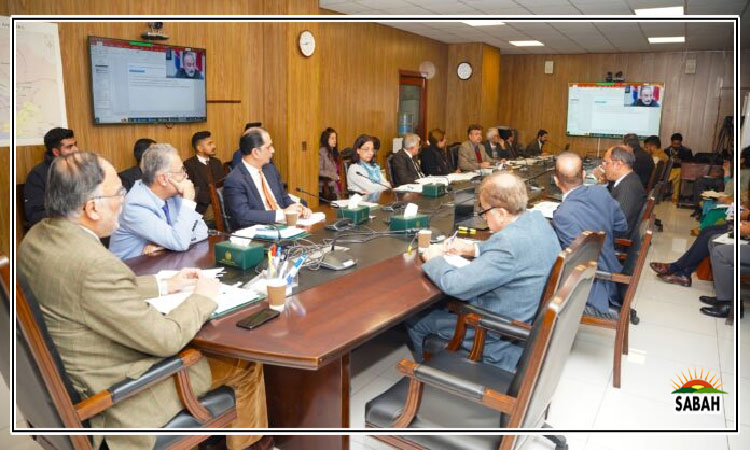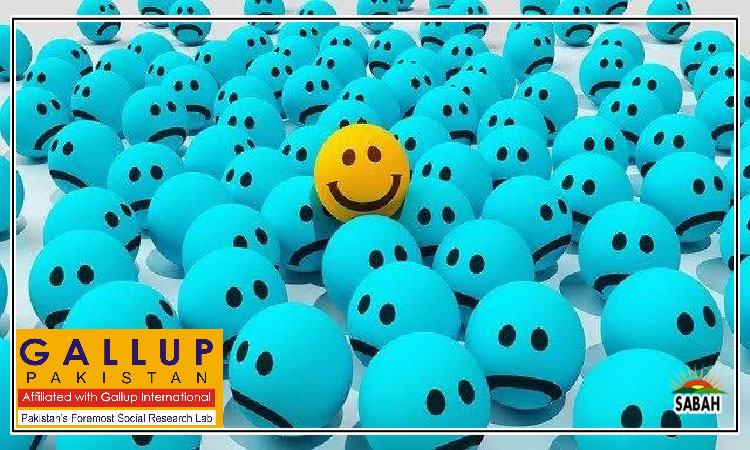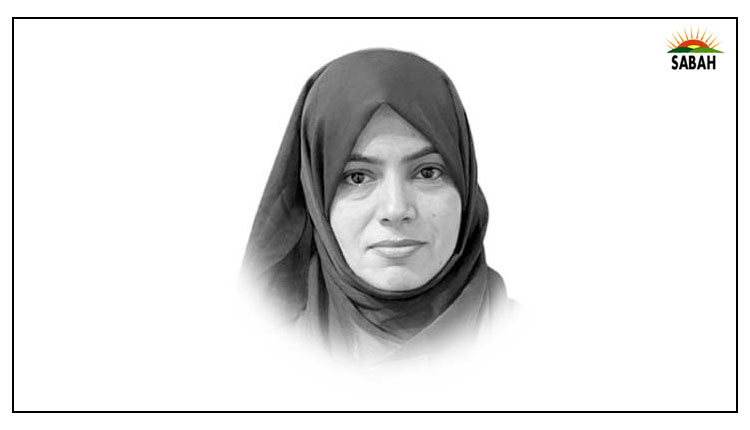Women’s empowerment odyssey… Saira Samo
International Womens Day which falls on March 8th is an important occasion for recognising the achievements and struggles of women worldwide. However, in recent years, a concerning trend is observed during events like the Aurat March, where slogans and pamphlets have veered towards vulgarity rather than addressing substantive issues. Its necessary to refocus the narrative of womens empowerment towards tangible goals that promote equality, education, social parity, and safety for women in all corners of society.
The slogans used in the Aurat March, such as mera jism meri marzi (my body, my choice) and aao khana sath banae (lets cook together), while aiming to challenge societal norms, often miss the mark by promoting messages that do not align with the broader goals of womens rights. Instead, womens organisations should advocate for crucial issues such as access to education, equal employment opportunities, condemnation of dowry practices, and stringent laws against gender-based violence.
Moreover, there is a pressing need to address systemic inequalities faced by women, particularly those living in rural areas. Womens organisations must intensify the voices of rural girls, advocating for their right to education, freedom from early marriages, and protection from harmful practices like sati.
Its vital to recognise that womens rights are fundamental and must be upheld in every aspect of society. This includes guaranteeing womens access to quality education, healthcare, and the right to choose their own partners. Moreover, women should have equal rights to inherit property and participate in all sectors of society, including politics, the armed forces, sports, and STEM fields.
In advocating for womens rights, its crucial to acknowledge the unique social standing of women in our culture. Women hold revered roles as mothers, sisters, wives, and daughters, and their contributions are indispensable to the fabric of society. However, this reverence should not confine women to traditional roles but rather empower them to pursue their aspirations and contribute to the nations progress.
While we stand in solidarity with womens organisations in their fight for equality and justice, its essential to refrain from adopting tactics that alienate segments of society or disseminate cultural insensitivity. Instead of mirroring Western feminist movements, we should tailor our approach to address the specific challenges faced by women in our cultural context.
The pivotal role of women in empowering society cannot be underestimated, as illustrated by influential figures who championed gender equality. Fatima Jinnah, a driving force in Pakistans independence, advocated for womens rights. Benazir Bhutto, as the first female Prime Minister, shattered barriers, inspiring women globally. Asma Jahangir, a fearless human rights lawyer, fought for justice and gender parity. Nusrat Bhutto and Rana Liaquat Ali Khan significantly contributed to social welfare and womens empowerment. The legacies of these women present the importance of recognising and supporting women in their pursuit of equality and societal betterment.
Womens organisations have a crucial role to play in shaping policies and initiatives that promote gender equality and womens empowerment. To this end, we should advocate for womens participation in all spheres of society and challenge discriminatory practices to create a more inclusive and just society for all.
The essence of womens empowerment lies in understanding the real issues faced by women, rather than resorting to slogans or actions that may detract from the broader goals of equality and justice. What we should prioritise the most for women are education, economic empowerment, and social parity; we can create a society where every woman has the opportunity to thrive and contribute to the nations progress. Let us unite in our efforts to build a brighter future where women are valued, respected, and empowered to fulfil their fundamental right to life.
Courtesy The Express Tribune












